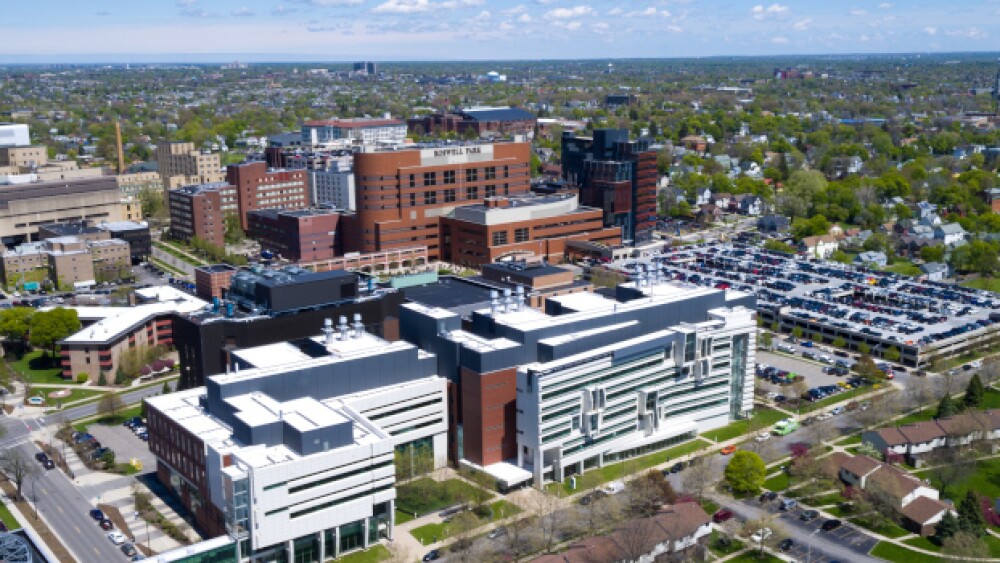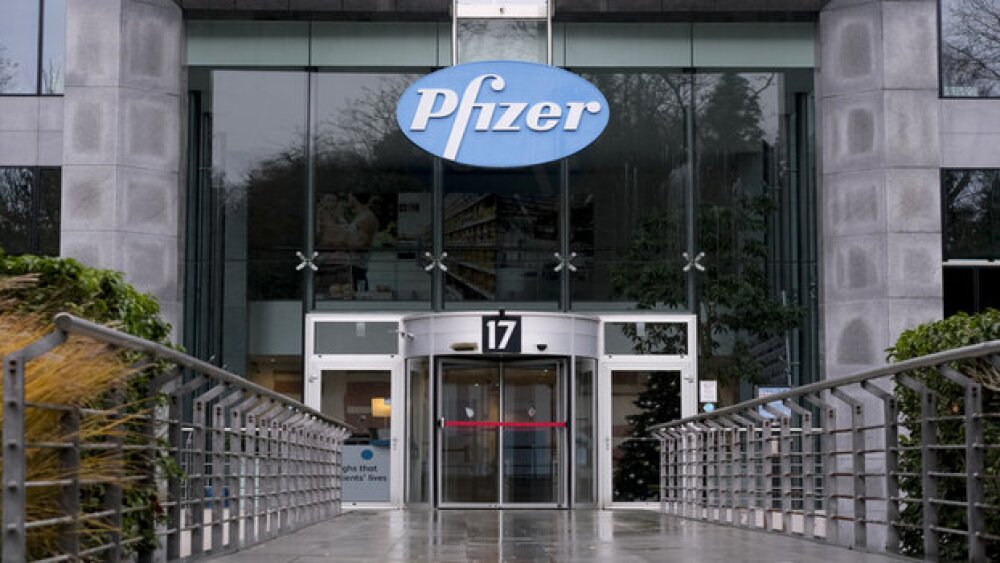The NIA recognized this, and recently awarded a prestigious research grant to Longeveron, a regenerative medicine therapy company based in Miami, Florida.
|
|
| [09-January-2018] |
|
MIAMI, Jan. 9, 2018 /PRNewswire/ -- New advances in regenerative medicine could improve the odds for a healthier life for people with metabolic syndrome. The National Institutes of Health's National Institute on Aging (NIA) recognized this, and recently awarded a prestigious research grant to Longeveron, a regenerative medicine therapy company based in Miami, Florida. An estimated 1 in 3 American adults live with Metabolic Syndrome every day. Obesity, high blood pressure, and/or increased blood glucose contribute to the risk, and the syndrome can lead to coronary heart disease, stroke, diabetes and -- in some cases -- even death. Physicians often recommend diet, exercise and other lifestyle changes as part of a treatment plan. The goal is to help people lose weight, stay physically active and get more engaged in their health and wellness. But committing to significant behavioral change remains challenging for many people with Metabolic Syndrome, often long after New Year's resolutions dissolve. The company's investigators plan to use the research award to conduct Phase 1 and 2 clinical trials of Longeveron mesenchymal stem cells (LMSCs) to improve the outlook for people with Metabolic Syndrome. LMSC therapy represents a much-needed novel approach -- targeting the drivers of Metabolic Syndrome at a cellular level. The company will study Metabolic Syndrome in connection with Aging Frailty, a clinically defined wasting syndrome that increases vulnerability to morbidity, injury and death. There is a high incidence of Metabolic Syndrome among Aging Frailty subjects, and both are characterized by a pro-inflammatory state which LMSCs are intended to reduce. "The award makes possible development of life-altering therapies that could be delivered alone or in combination with existing medications to reverse the development or progression of Metabolic Syndrome," said Anthony Oliva, Ph.D., who will serve as an investigator. "LMSC-based therapies could, in the future, alleviate many of the risk factors that put many people with Metabolic Syndrome on a path toward life-threatening conditions." This Small Business Technology Transfer grant will fund over $1.15 million as part of the NIH Fast Track program for small businesses. The current grant represents the third funding award for Longeveron, which has previously received financial support from the Alzheimer's Association and Maryland's TEDCO for clinical trials in Alzheimer's disease and Hypoplastic Left Heart Syndrome, respectively. To learn more about the clinical trial, including criteria for participating, visit: https://clinicaltrials.gov/ct2/show/NCT02587572. About Longeveron Longeveron is a regenerative medicine therapy company founded in 2014. Longeveron's goal is to provide the first of its kind biological solution for aging-related diseases, and is dedicated to developing safe cell-based therapeutics to revolutionize the aging process and improve quality of life. The company's research focus areas include Alzheimer's disease, Aging Frailty, Metabolic Syndrome and Hypoplastic Left Heart Syndrome (HLHS). Longeveron produces LMSCs in its own state-of-the-art cGMP cell processing facility. http://www.longeveron.com SOURCE Longeveron |




